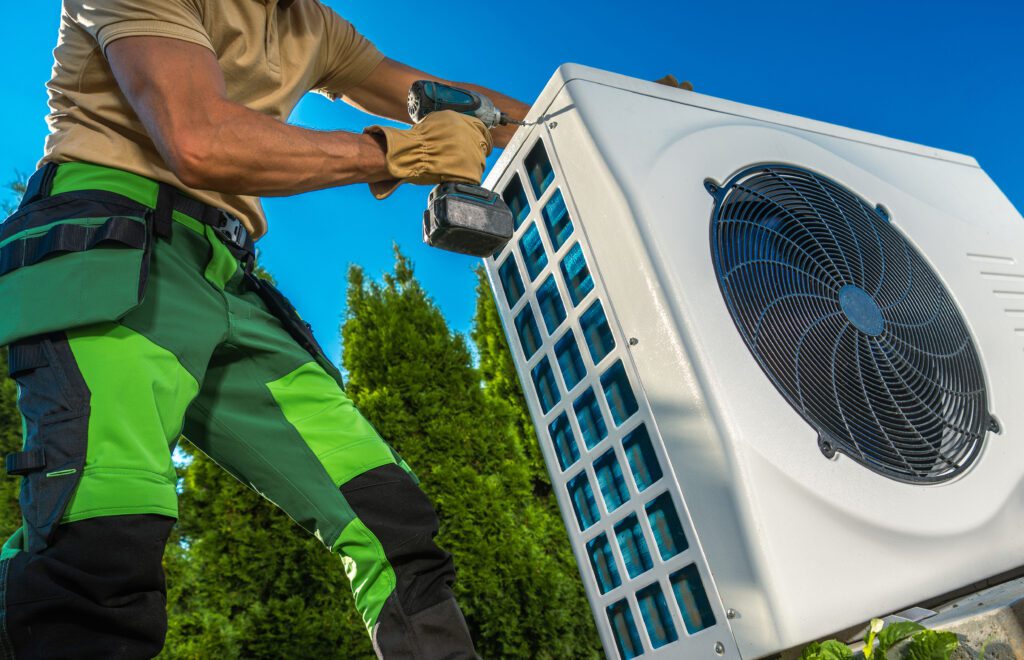Has your air conditioning been acting up lately? Are you wondering if it’s time to replace it with a new unit? In this article, we will discuss the top signs that indicate it’s time for a new AC. From understanding your AC’s lifespan to evaluating energy efficiency, we will cover all the crucial factors to consider before making a decision.
Understanding Your AC’s Lifespan
Knowing the average lifespan of an AC unit can help you determine if it’s reaching the end of its useful life. On average, an AC unit can last anywhere between 10 to 15 years. However, this can vary depending on several factors.
Factors That Can Shorten Your AC’s Lifespan:
- Poor maintenance: Neglecting regular maintenance tasks like cleaning or changing filters can lead to premature failure of your AC unit.
- Heavy usage: If your AC is constantly running for extended periods, especially during hot summer months, it can cause excessive strain on the system, leading to a shorter lifespan.
- Poor installation: Improper installation can result in operational issues and premature breakdowns.
- Inferior quality: Lower-quality AC units may have a shorter lifespan than their higher-quality counterparts.
By considering these factors, you can determine if your AC unit is nearing the end of its lifespan or if other issues may be affecting its performance.
Regular maintenance is key to extending the lifespan of your AC unit. Simple tasks like cleaning or replacing filters, checking for leaks, and ensuring proper airflow can make a significant difference in how long your AC will last. Additionally, scheduling annual professional maintenance checks can help identify potential issues early on and prevent costly repairs down the line.
Another factor that can impact the lifespan of your AC unit is the climate in which you live. AC units in regions with extreme temperatures or high humidity levels may have to work harder to maintain the desired indoor temperature, leading to increased wear and tear. It’s important to take these environmental factors into account when assessing the longevity of your AC unit and adjusting your maintenance routine accordingly.
Recognizing Performance Issues
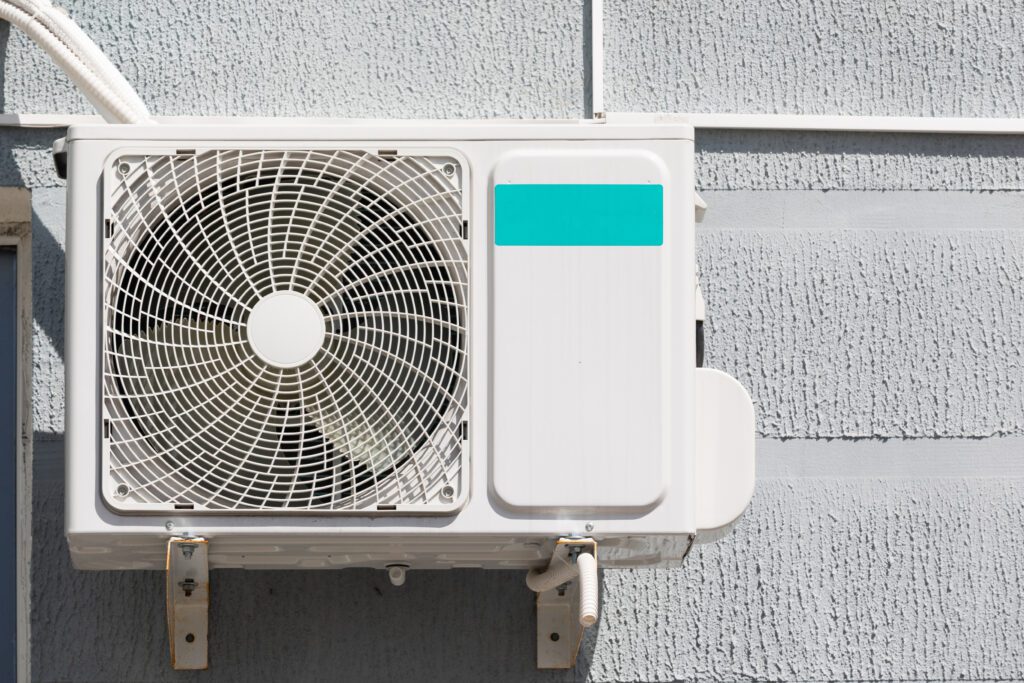
If your AC is not providing consistent cooling or if you find yourself needing frequent repairs, it may be a sign that it’s time for a new unit.
Inconsistent Cooling:
If some rooms in your house are significantly hotter or colder than others, it could indicate that your AC unit is struggling to distribute cool air effectively. This uneven cooling may be due to failing components or an improperly sized unit for your home.
Frequent Repairs:
Are you constantly calling in technicians to fix your AC? Frequent breakdowns and the need for expensive repairs are clear signs that your AC is on its last legs. Investing in a new unit can save you money in the long run and provide reliable cooling.
Additionally, another common issue that can affect the performance of your AC unit is dirty or clogged air filters. Over time, dust, dirt, and other debris can accumulate in the filters, restricting airflow and making it harder for your AC to cool your home efficiently. Regularly changing or cleaning your air filters can help improve the overall performance of your AC system and extend its lifespan.
Furthermore, the location of your AC unit can also impact its performance. If your outdoor unit is surrounded by debris, vegetation, or other obstructions, it can hinder proper airflow and reduce the efficiency of your system. Ensuring that your AC unit has adequate space and is free from any blockages can help optimize its performance and prevent potential issues in the future.
Noticing Unusual Noises or Smells
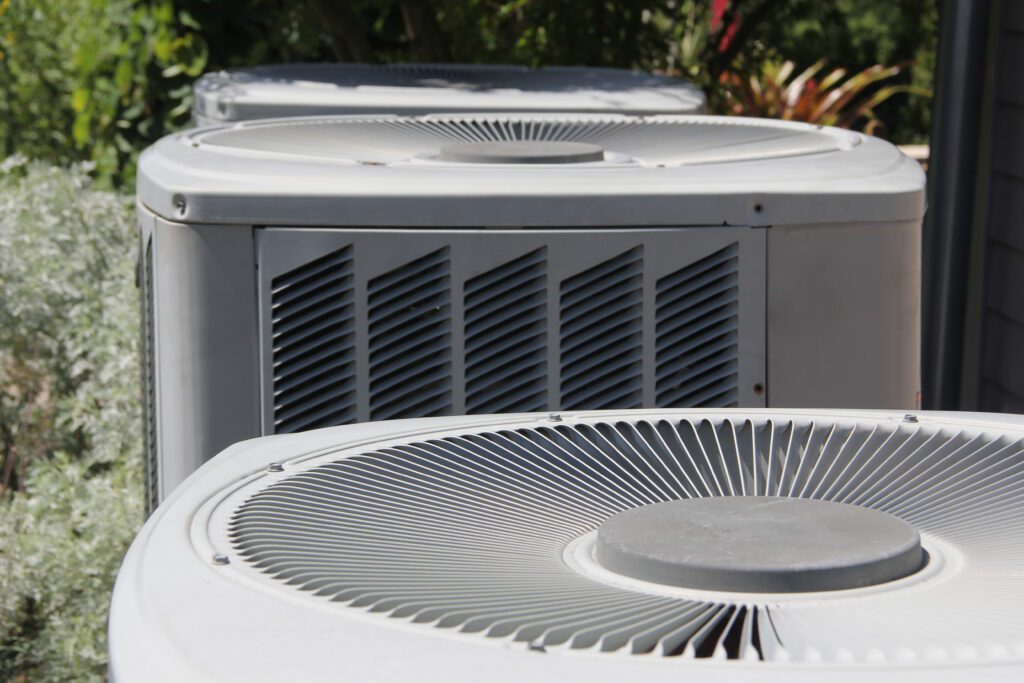
If your AC unit is making strange sounds or emitting unpleasant odors, it’s time to pay attention.
Strange Sounds from Your AC:
Unusual noises, such as grinding, banging, or squealing, could indicate that there are mechanical issues with your AC unit. These sounds could be due to damaged components that require immediate attention. If repairs are becoming more frequent and costly, it may be more cost-effective to replace the unit.
It’s important to note that ignoring these unusual sounds can lead to further damage to your AC system, potentially resulting in a complete breakdown. Regular maintenance and prompt repairs can help extend the lifespan of your unit and prevent unexpected failures.
Unpleasant Odors and What They Mean:
If you notice a musty or pungent smell coming from your AC, it could be a sign of mold or mildew growth inside the unit. Persistent unpleasant odors can reduce indoor air quality and pose health risks. In such cases, replacing your AC unit is recommended to ensure a healthy living environment.
Additionally, unpleasant odors from your AC can also be caused by a buildup of bacteria and fungi in the system. These microorganisms thrive in damp and dark environments, such as the interior of an AC unit. Regularly changing air filters and scheduling professional cleanings can help prevent the growth of these harmful substances, ensuring that the air circulating in your home is clean and fresh.
Evaluating Energy Efficiency
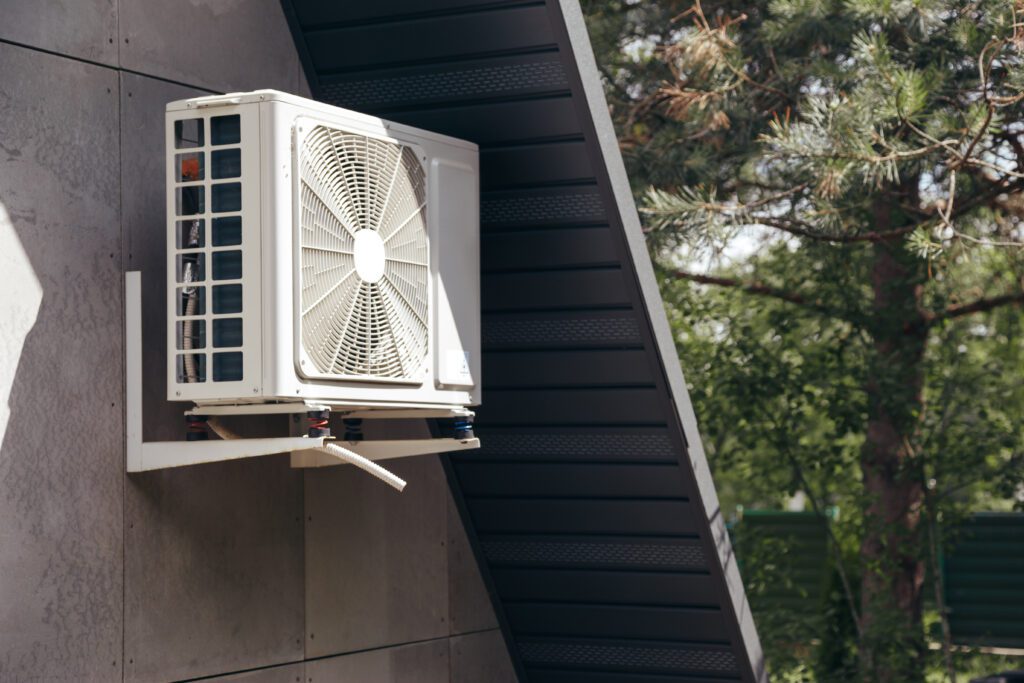
An aging AC unit can become less energy-efficient over time, resulting in rising energy bills.
Rising Energy Bills:
If you’ve noticed a steady increase in your energy bills despite consistent use, it could indicate that your AC unit is no longer operating efficiently. Newer models are designed to be more energy-efficient, which can help reduce your monthly utility expenses.
The Role of Your AC in Energy Consumption:
An older AC unit may consume more energy to achieve the desired cooling, especially if it’s struggling due to wear and tear. Replacing it with a newer, more energy-efficient model can help reduce your carbon footprint and save you money in the long run.
Regular maintenance of your AC unit is crucial in ensuring optimal energy efficiency. Simple tasks such as cleaning or replacing filters, checking for leaks in the ductwork, and ensuring proper insulation can all contribute to improved performance and reduced energy consumption.
Another factor to consider when evaluating energy efficiency is the size of your AC unit relative to the space it is cooling. An oversized unit can lead to short cycling, where the system turns on and off frequently, reducing efficiency. Conversely, an undersized unit may struggle to cool the space effectively, leading to increased energy consumption as it works harder to maintain the desired temperature.
Considering the Age of Your AC
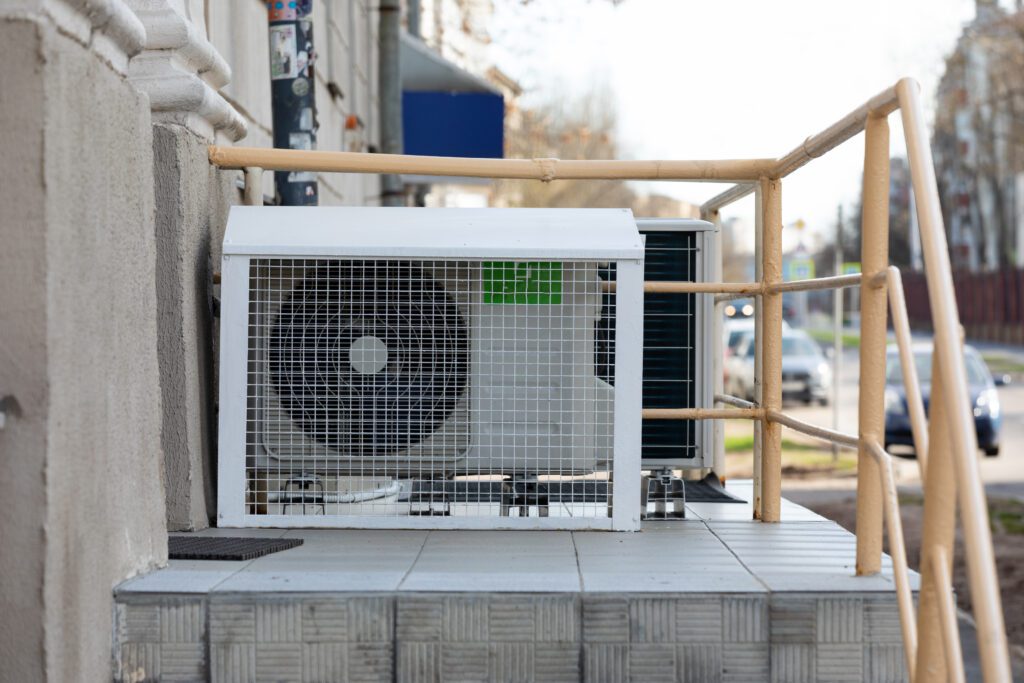
Age plays a vital role when deciding whether to invest in a new AC unit.
When Age Matters in AC Units:
If your AC unit is older than 10-15 years, it may be nearing the end of its lifespan. Even with regular maintenance, the efficiency and performance of older units may deteriorate over time. Investing in a new unit ensures that you have access to the latest technology, increased energy efficiency, and improved cooling capabilities.
It’s important to note that as AC units age, they may also start experiencing more frequent breakdowns and require costly repairs. This can lead to inconvenience and discomfort, especially during hot summer months when you rely on your AC the most. Additionally, older units tend to use outdated refrigerants that are harmful to the environment, making a new, eco-friendly unit a more sustainable choice.
The Benefits of Upgrading to a Newer Model:
Upgrading to a new AC unit can provide several benefits, including:
- Improved cooling capacity
- Enhanced energy efficiency
- Advanced features and technology
- Warranty coverage
- Reduced maintenance and repair costs
- Increased home value
Considering these benefits, it’s worth exploring the option of replacing your old AC unit.
By understanding the signs that indicate it’s time for a new AC, you can make an informed decision about investing in a more reliable, efficient, and effective cooling system for your home. Assess the lifespan, performance, noises, smells, energy efficiency, and age of your current AC unit to determine if a replacement is necessary. Don’t wait until the hottest day of summer to discover that your AC can no longer keep up with the demand. By taking proactive measures, you can enjoy consistent and comfortable cooling all year round.
When considering a new AC unit, it’s also essential to think about the size and layout of your home. A professional HVAC technician can conduct a load calculation to determine the appropriate size unit for your space, ensuring optimal performance and energy efficiency. Additionally, newer models often come with smart technology features that allow for remote access and control, providing added convenience and customization options for your cooling needs.

